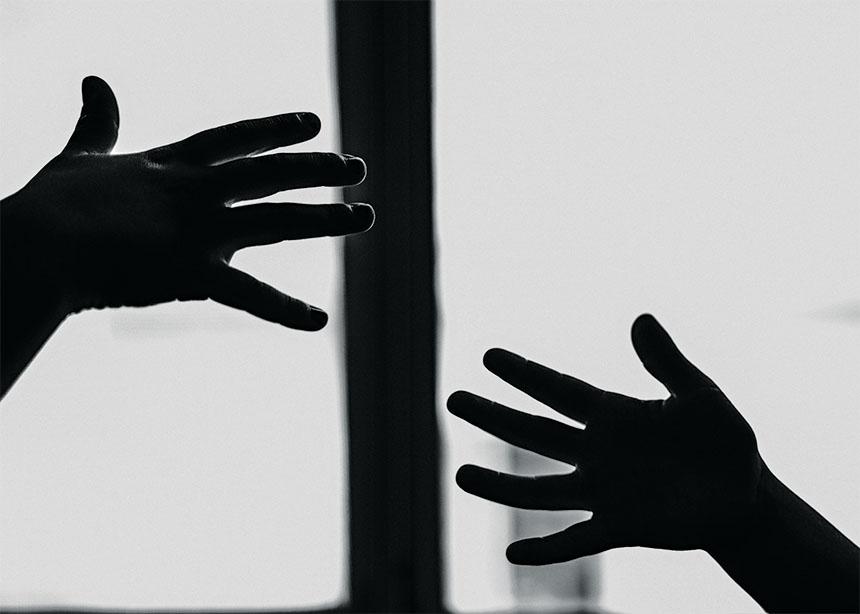My 88-year-old father often asks why churches push out people who don’t 100 percent agree with their theology. “Why can’t they all just get along?” He is worried about the increasing polarization in Western society and within the church.
In 1929, Richard Niebuhr published The Social Sources of Denominationalism. In the book, he stated that differences in theology mattered less in church divisions than economic class, immigration status, race and geographic location—all of which shape one’s theology. This book remains a widely available classic today.
Nearly 100 years ago, Mennonite churches in Europe were struggling to relate to each other after the First World War. It was not easy for Mennonites in Germany, the Netherlands, France and Russia to trust each other. In this tense context, Mennonite World Conference (MWC) was formed in 1925 to create space for Anabaptist churches to connect with each other as sisters and brothers.
This month, the Vatican is hosting an unprecedented synod of Catholic clergy and lay leaders from around the world. They are discussing “Communion, Participation, and Mission,” including social issues such as the role of women in the church, the inclusion of Catholic LGBTQ+ people and the authority of clergy. They do not intend to reach conclusions this year, but to meet again in another year to make decisions. The polarization of perspectives among different Catholic leaders is visible already.
Earlier this year, a group of Anglican archbishops from the Global South declared that they would no longer recognize Archbishop Justin Welby as the spiritual leader of the global Anglican Communion. They constitute about 25 percent of the total archbishops but represent about 75 percent of the general membership. Terry Mattingly of ReligionUnplugged.com observed that, “While clashes over LGBTQ+ issues have made headlines, Anglicans have increasingly become divided by colonial history, economics, culture, demographics and radically different approaches to doctrine.”
There are similar rumblings in MWC. MWC has not taken a position on these “social issues” because they are not part of the core commitments in the Shared Convictions statement. The theology and practices among MWC member churches are diverse.
All these same rumblings take place within our churches, too. Some congregations across Mennonite Church Canada fully welcome LGBTQ+ folks. Others do not. Many congregations hold together differing perspectives, with a focus on Jesus at the centre and no strong boundaries. My own congregation is in that category, as an intercultural faith community seeking to foster reconciliation across the boundaries that often divide.
Richard Niebuhr ended The Social Sources of Denominationalism with a call for unity in the church. He developed his ideas more in later books, calling for unity based on God’s faithfulness throughout a diverse world, along with a call for the church to transform culture.
César García, MWC’s general secretary, says, “MWC is people like you and me who think it is possible to be a worldwide community of faith where theological and cultural differences are respected and celebrated, where divisions, polarization and fragmentation do not have to be the only possible reality.”
My father asks, “What can we do about polarization?” I believe we each are called to live out our hope and faith that God’s gift of unity amidst diversity is possible in our local congregations, and in our global family of faith.
Arli Klassen is a member of First Mennonite Church, Kitchener, and can be reached at klassenarli@gmail.com.
Read more The Church Here and There columns:
Deconstructing or reconstructing?
Unity and uniformity
Communal prayers
Talking more about power
The limits of control





Add new comment
Canadian Mennonite invites comments and encourages constructive discussion about our content. Actual full names (first and last) are required. Comments are moderated and may be edited. They will not appear online until approved and will be posted during business hours. Some comments may be reproduced in print.